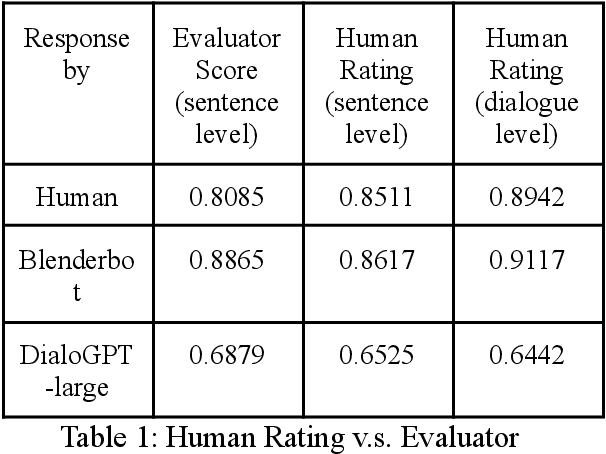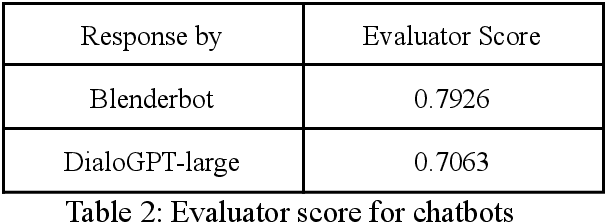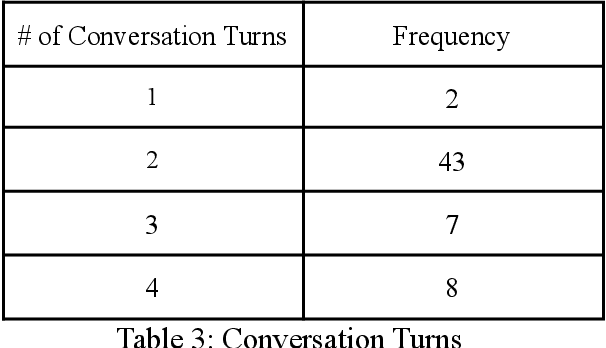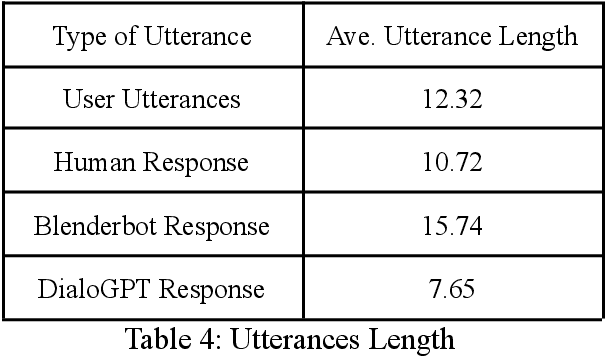Guanzhi Deng
DR-LoRA: Dynamic Rank LoRA for Mixture-of-Experts Adaptation
Jan 08, 2026Abstract:Mixture-of-Experts (MoE) has become a prominent paradigm for scaling Large Language Models (LLMs). Parameter-efficient fine-tuning (PEFT), such as LoRA, is widely adopted to adapt pretrained MoE LLMs to downstream tasks. However, existing approaches assign identical LoRA ranks to all experts, overlooking the intrinsic functional specialization within MoE LLMs. This uniform allocation leads to resource mismatch, task-relevant experts are under-provisioned while less relevant ones receive redundant parameters. We propose a Dynamic Rank LoRA framework named DR-LoRA, which dynamically grows expert LoRA ranks during fine-tuning based on task-specific demands. DR-LoRA employs an Expert Saliency Scoring mechanism that integrates expert routing frequency and LoRA rank importance to quantify each expert's demand for additional capacity. Experts with higher saliency scores are prioritized for rank expansion, enabling the automatic formation of a heterogeneous rank distribution tailored to the target task. Experiments on multiple benchmarks demonstrate that DR-LoRA consistently outperforms standard LoRA and static allocation strategies under the same parameter budget, achieving superior task performance with more efficient parameter utilization.
REMA: A Unified Reasoning Manifold Framework for Interpreting Large Language Model
Sep 26, 2025Abstract:Understanding how Large Language Models (LLMs) perform complex reasoning and their failure mechanisms is a challenge in interpretability research. To provide a measurable geometric analysis perspective, we define the concept of the Reasoning Manifold, a latent low-dimensional geometric structure formed by the internal representations corresponding to all correctly reasoned generations. This structure can be conceptualized as the embodiment of the effective thinking paths that the model has learned to successfully solve a given task. Based on this concept, we build REMA, a framework that explains the origins of failures by quantitatively comparing the spatial relationships of internal model representations corresponding to both erroneous and correct reasoning samples. Specifically, REMA first quantifies the geometric deviation of each erroneous representation by calculating its k-nearest neighbors distance to the approximated manifold formed by correct representations, thereby providing a unified failure signal. It then localizes the divergence points where these deviations first become significant by tracking this deviation metric across the model's layers and comparing it against a baseline of internal fluctuations from correct representations, thus identifying where the reasoning chain begins to go off-track. Our extensive experiments on diverse language and multimodal models and tasks demonstrate the low-dimensional nature of the reasoning manifold and the high separability between erroneous and correct reasoning representations. The results also validate the effectiveness of the REMA framework in analyzing the origins of reasoning failures. This research connects abstract reasoning failures to measurable geometric deviations in representations, providing new avenues for in-depth understanding and diagnosis of the internal computational processes of black-box models.
KLIPA: A Knowledge Graph and LLM-Driven QA Framework for IP Analysis
Sep 09, 2025



Abstract:Effectively managing intellectual property is a significant challenge. Traditional methods for patent analysis depend on labor-intensive manual searches and rigid keyword matching. These approaches are often inefficient and struggle to reveal the complex relationships hidden within large patent datasets, hindering strategic decision-making. To overcome these limitations, we introduce KLIPA, a novel framework that leverages a knowledge graph and a large language model (LLM) to significantly advance patent analysis. Our approach integrates three key components: a structured knowledge graph to map explicit relationships between patents, a retrieval-augmented generation(RAG) system to uncover contextual connections, and an intelligent agent that dynamically determines the optimal strategy for resolving user queries. We validated KLIPA on a comprehensive, real-world patent database, where it demonstrated substantial improvements in knowledge extraction, discovery of novel connections, and overall operational efficiency. This combination of technologies enhances retrieval accuracy, reduces reliance on domain experts, and provides a scalable, automated solution for any organization managing intellectual property, including technology corporations and legal firms, allowing them to better navigate the complexities of strategic innovation and competitive intelligence.
Reasoning Meets Personalization: Unleashing the Potential of Large Reasoning Model for Personalized Generation
May 23, 2025Abstract:Personalization is a critical task in modern intelligent systems, with applications spanning diverse domains, including interactions with large language models (LLMs). Recent advances in reasoning capabilities have significantly enhanced LLMs, enabling unprecedented performance in tasks such as mathematics and coding. However, their potential for personalization tasks remains underexplored. In this paper, we present the first systematic evaluation of large reasoning models (LRMs) for personalization tasks. Surprisingly, despite generating more tokens, LRMs do not consistently outperform general-purpose LLMs, especially in retrieval-intensive scenarios where their advantages diminish. Our analysis identifies three key limitations: divergent thinking, misalignment of response formats, and ineffective use of retrieved information. To address these challenges, we propose Reinforced Reasoning for Personalization (\model), a novel framework that incorporates a hierarchical reasoning thought template to guide LRMs in generating structured outputs. Additionally, we introduce a reasoning process intervention method to enforce adherence to designed reasoning patterns, enhancing alignment. We also propose a cross-referencing mechanism to ensure consistency. Extensive experiments demonstrate that our approach significantly outperforms existing techniques.
Privacy in LLM-based Recommendation: Recent Advances and Future Directions
Jun 03, 2024Abstract:Nowadays, large language models (LLMs) have been integrated with conventional recommendation models to improve recommendation performance. However, while most of the existing works have focused on improving the model performance, the privacy issue has only received comparatively less attention. In this paper, we review recent advancements in privacy within LLM-based recommendation, categorizing them into privacy attacks and protection mechanisms. Additionally, we highlight several challenges and propose future directions for the community to address these critical problems.
Can LLM Substitute Human Labeling? A Case Study of Fine-grained Chinese Address Entity Recognition Dataset for UAV Delivery
Mar 19, 2024



Abstract:We present CNER-UAV, a fine-grained \textbf{C}hinese \textbf{N}ame \textbf{E}ntity \textbf{R}ecognition dataset specifically designed for the task of address resolution in \textbf{U}nmanned \textbf{A}erial \textbf{V}ehicle delivery systems. The dataset encompasses a diverse range of five categories, enabling comprehensive training and evaluation of NER models. To construct this dataset, we sourced the data from a real-world UAV delivery system and conducted a rigorous data cleaning and desensitization process to ensure privacy and data integrity. The resulting dataset, consisting of around 12,000 annotated samples, underwent human experts and \textbf{L}arge \textbf{L}anguage \textbf{M}odel annotation. We evaluated classical NER models on our dataset and provided in-depth analysis. The dataset and models are publicly available at \url{https://github.com/zhhvvv/CNER-UAV}.
Evaluator for Emotionally Consistent Chatbots
Dec 02, 2021



Abstract:One challenge for evaluating current sequence- or dialogue-level chatbots, such as Empathetic Open-domain Conversation Models, is to determine whether the chatbot performs in an emotionally consistent way. The most recent work only evaluates on the aspects of context coherence, language fluency, response diversity, or logical self-consistency between dialogues. This work proposes training an evaluator to determine the emotional consistency of chatbots.
 Add to Chrome
Add to Chrome Add to Firefox
Add to Firefox Add to Edge
Add to Edge